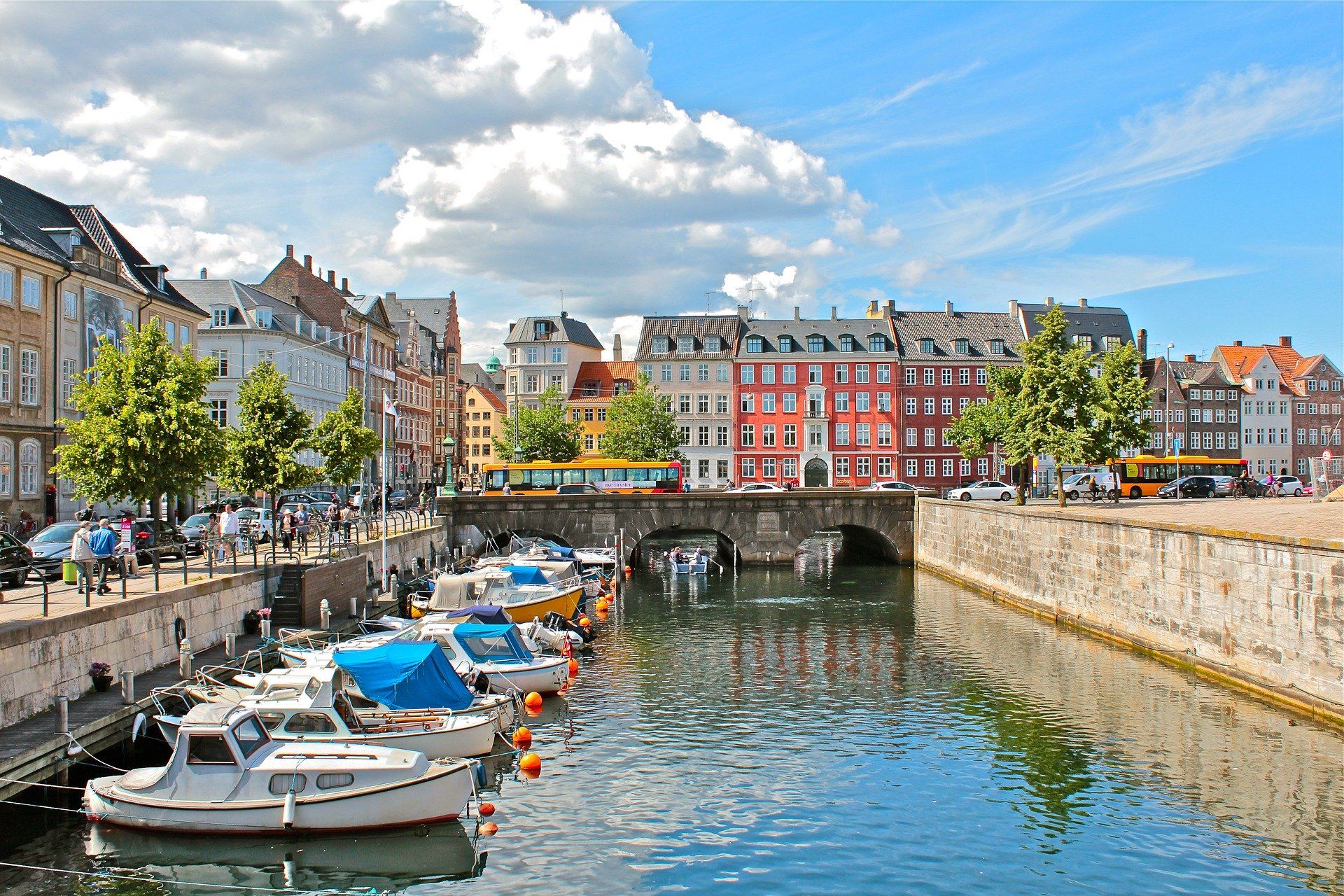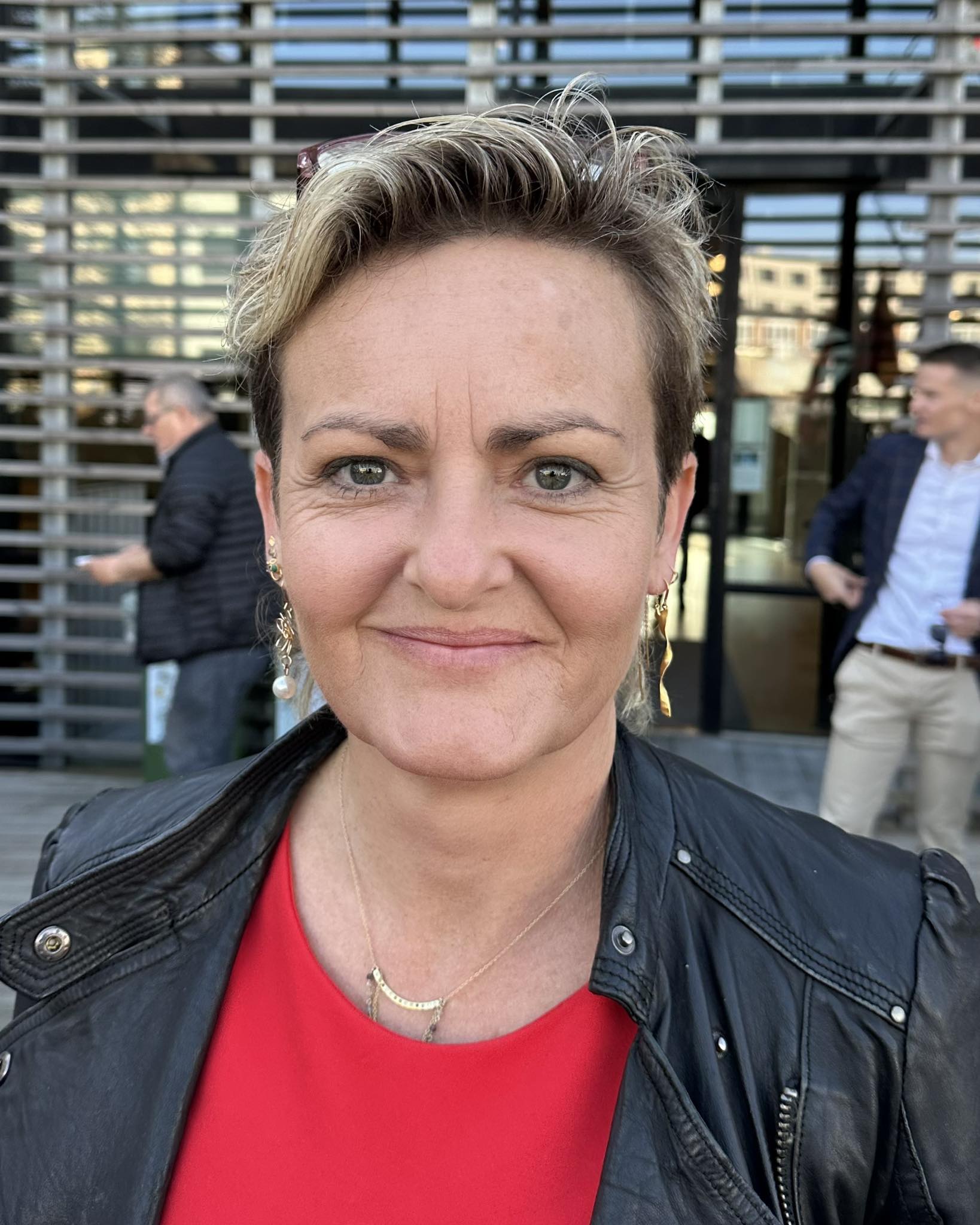A new government bill to make it easier for Danish companies to recruit foreign labour was presented to Parliament on Tuesday.
The economy minister, Troels Lund Poulsen, is optimistic the new law will give the country the boost it needs to overcome what is anticipated to be a difficult year – conversely at a time when companies are still struggling to recruit the employees needed to keep up with demand.
“It is a desire that has been widespread from large parts of Danish business life in recent years,” he commented.
“With what we are now putting forward, we are going to make a permanent agreement, which thus also provides the framework for some better conditions for the benefit of the Danish companies, which in a large number of areas are under pressure in relation to attracting and obtaining the necessary workforce.”
Provisional limit of 15,000 workers
Last June, the government obtained the necessary majority for an agreement to make it easier for companies to recruit foreign labour, but it did not become law due to the announcement of the general election.
Much of what was agreed on last year has been factored into the new bill – for example, the lowering of the mandatory annual salary needed by non-EU workers to obtain Danish residency, from 445,000 to 375,000 kroner – along with a number of new additions.
The new bill also proposes cutting a large proportion of the red tape, enabling companies to quickly recruit foreign labour in a more flexible way, while the lowering of the salary requirement will be permanent. Previously it was suggested it should be lowered for just three years.
And should the scheme end up attracting over 15,000 workers, it will be re-evaluated by the parties that approved it, as it is not the desire of the bill to flood Denmark with foreign labour.
Should the bill be approved, as is expected, it will become binding from April 1.
Minister rejects criticism of trade unions
Certainly, Poulsen is happy with the way the bill has progressed since last year.
“It is first and foremost to give the companies a guarantee that it will not be a stop and go policy, where you have some rules that apply for a short period, and then it is gone again. Now the companies know what they can adjust to,” he explained to Ritzau.
“This makes it easier to create a recruitment process where you have a guarantee that the people you employ can also contribute to the benefit of the company where they may have been employed.”
Poulsen rejected criticism from Lizette Risgaard, the chair of the FH trade union movement, which claimed “politicians are opening a loading gate for foreign labour at relatively low wage levels”, firing back that FH is “shooting sparrows with cannons”.
“We know that if we fill the vacant positions in Danish companies, it also helps to make our business life more competitive. This also creates additional positions in Danish companies, because you become more productive. So this is in many ways something that can help secure the future of our labour market, so that we retain the companies that are in Denmark,” he said.















